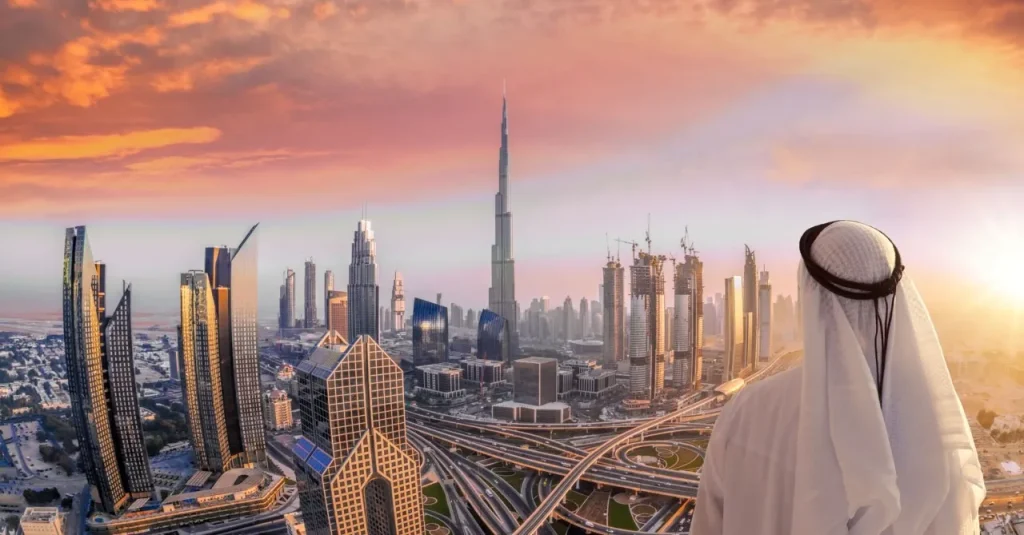A City of Evolution Dubai is renowned for its constant evolution across various sectors, attracting diverse nationalities to make the emirate their home. The leadership is committed to enhancing the quality of life and improving access to a multitude of services. Recently, the Executive Council of Dubai approved five major strategic plans designed to position the emirate as a global hub for education, investment, and living.

Supporting Dubai Plan 2033 Approved by Sheikh Hamdan bin Mohammed bin Rashid Al Maktoum, Crown Prince of Dubai, the strategies align with the Dubai Plan 2033 and the Dubai Social Agenda 33. These initiatives encompass goals in education, real estate, transportation, cashless transactions, and the documentation of Dubai’s heritage.
1. Cashless Strategy
The Dubai Cashless Strategy aims to rank the emirate among the top five cashless cities globally by 2033. This initiative is expected to boost the economy by Dh8 billion through increased digital transactions, ensuring all businesses in Dubai accept digital payments. The trend towards digital payments is rapidly transforming how residents conduct transactions, from grocery shopping to real estate purchases.
2. Innovative Transport Systems
Dubai plans to implement a 65km suspended transport system that will connect key areas, including Umm Suqeim Street, Al Khor, and Zabeel, with the goal of automating 25% of all trips by 2030. This system will integrate seamlessly with existing public transport, enhancing accessibility for residents and visitors. The Roads and Transport Authority has showcased models of the Dubai Sky pods, which will be designed to ensure a smooth ride and offer scenic views as they travel above the ground.
3. Student-Centric Education
Recognizing the youth as the backbone of the nation, Dubai’s Education Strategy 2033 aims to create a student-centred education system. This strategy focuses on providing quality education with a strong emphasis on career guidance and parental involvement. It aims to ensure that UAE students are among the most competitive globally, offering diverse pathways, including internationally accredited vocational programs. The strategy has been developed through extensive consultations with over 700 stakeholders from various educational backgrounds.
4. Integrated Real Estate Strategy
The Real Estate Strategy 2033 aims to elevate Dubai’s real estate transactions to Dh1 trillion by 2033, targeting a 20-fold increase in the real estate portfolio value. The strategy is set to contribute Dh73 billion to the emirate’s GDP by boosting real estate transactions by 70%. Over the next decade, advanced technologies, including AI and data analytics, will enhance transparency and the overall buying and selling experience. The strategy also aims to increase home ownership rates to 33%, focusing on sustainability and the creation of cohesive communities.

5. Dubai National Archives Project
Managed by the Mohammed bin Rashid Library, the Dubai National Archives Project is integral to the Dubai 2033 Plan. It aims to document the emirate’s success stories while preserving government records and cultural heritage for future generations. By reflecting on the past, Dubai seeks to shape its future while ensuring that its rich history is passed down.
Through these five strategic plans, Dubai aims to solidify its status as a global hub for education, investment, and quality living, ensuring a brighter future for its residents and an appealing destination for newcomers.
